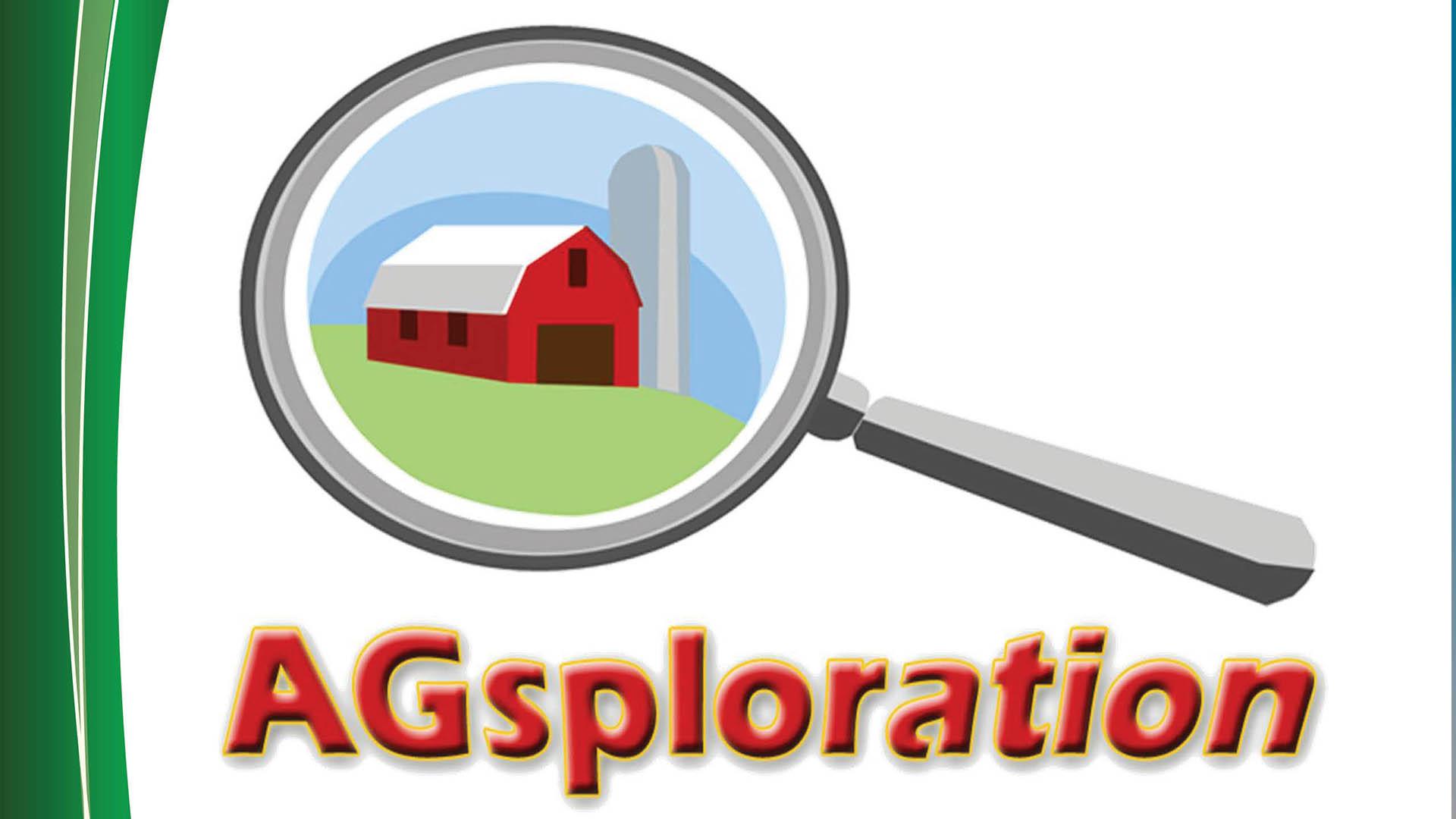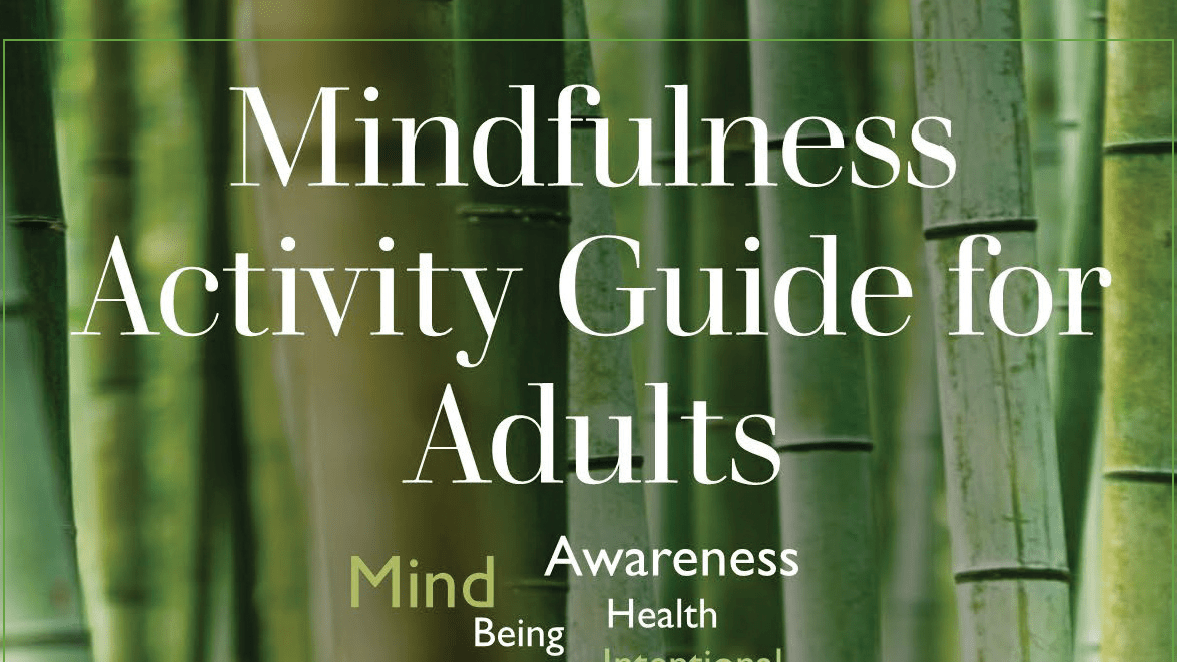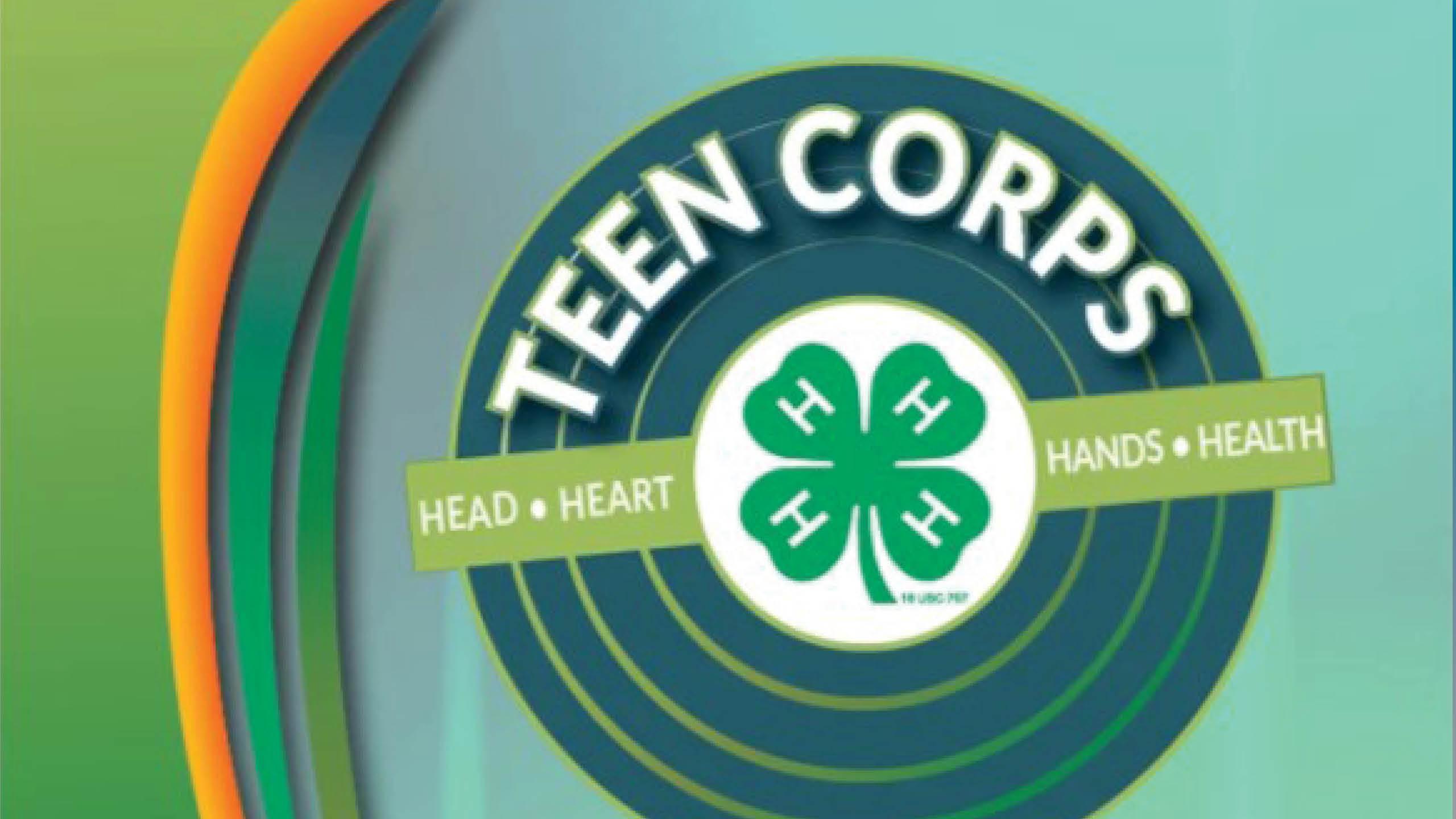The 4-H curriculum promotes positive youth development through experiential learning. All of the curricula go through a rigorous peer review process. Below, you will find examples of curricula developed in Maryland. You can also visit Shop 4-H to choose popular topics such as Biology, Computer Science, Cooking, Electricity, Entomology, Gardening, Honey Bees, Photography, Robotics, Solar Power, and more!
Explore Our Curricula
-

AGsploration
AGsplorationAGsploration: The Science of Maryland Agriculture is a statewide curriculum designed to increase middle school student agriculture literacy and STEM (science, technology, engineering, and math) skills.
-

Babysitting 101
Babysitting 101Babysitting/Entrepreneurship 101 is a six-hour course that provides participants with all the tools needed to establish a trustworthy professional babysitting business with leadership skills to promote in diverse communities. Educators of all experience levels will find the materials easy to adapt and utilize.
-

Career AGsperience
Career AGsperienceCareer AGsperience is an agriculture career literacy program designed to increase participants’ knowledge base related to agriculture careers and preparation for careers in animal science, environmental science, agri-business and leadership, and agriculture science and technology. The curriculum includes six lessons related to agriculture careers, career planning, resume development, internship acquisition, interviewing skills, and business etiquette.
-

Mindfulness Activity Guide for Adults
Mindfulness Activity Guide for AdultsThe Mindfulness Activity Guide for Adults guides and encourages people who wish to embrace mindfulness practice in their work and personal lives. As educators, we noticed a need for resources that might help both novice and advanced mindfulness facilitators implement mindfulness activities in group settings. By using the guide, we hope the facilitator will gain confidence and feel at ease leading
these practices.The guide provides in-depth instructions for adapting the surroundings, duration, participants' postures, facilitator's script, and other activity components to fit diverse environments or audiences' needs. We truly hope you find this to be a helpful resource, as it was solely created to help you create mindful moments for yourself and others you wish to help.
Contact the Authors
Ohruti Pafel
Family & Consumer Sciences Educator dhrutip@umd.eduErin Jewell
Family & Consumer Sciences Educator
erinj@umd.eduAmy Rhodes
Former 4-H Youth Development Educator
orhodesl@umd.eduThe publication is $25 per book.
If you have questions regarding the guide or the purchase process, email Dhruti Patel at dhrutip@umd.edu.
-

Teen Corps
Teen CorpsTeen Corps began as a citywide collaborative between 4-H members and adult leaders, agencies, and community stakeholders who partner to strengthen communities, and increase leadership opportunities for youth from age twelve to age eighteen.